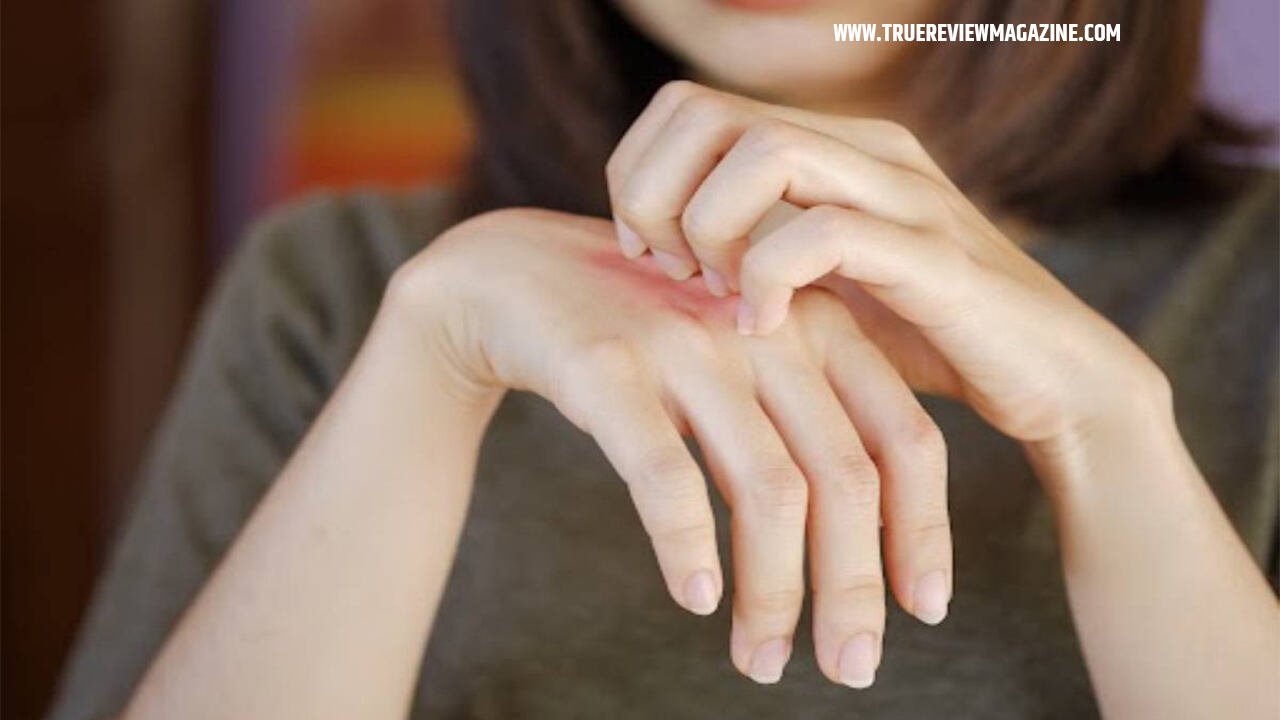Introduction
Welcome to our comprehensive guide on combating malaria. In this article, we will provide you with valuable insights into preventing, identifying symptoms, and treating malaria. Malaria is a serious and potentially life-threatening disease caused by the bite of infected mosquitoes. Our aim is to equip you with the knowledge and strategies necessary to effectively combat this disease and protect your health.
Understanding Malaria

Malaria is a parasitic infection transmitted through the bites of infected Anopheles mosquitoes. It is prevalent in many tropical and subtropical regions around the world. The disease is caused by Plasmodium parasites, with five species affecting humans: Plasmodium falciparum, Plasmodium vivax, Plasmodium malaria, Plasmodium ovale, and Plasmodium knowlesi. Among these, Plasmodium falciparum is the most dangerous and potentially fatal.
Prevention Strategies
Use Mosquito Repellents

Applying mosquito repellents containing DEET, picaridin, or oil of lemon eucalyptus to exposed skin and clothing can provide effective protection against mosquito bites. It is crucial to follow the product instructions carefully for optimal results.
Wear Protective Clothing
Wearing long-sleeved shirts, long pants, socks, and closed shoes can act as a physical barrier against mosquito bites. Choosing light-colored clothing may also help deter mosquitoes.
Stay in Screened or Air-Conditioned Areas

Sleeping in well-screened areas or using air-conditioning reduces the risk of mosquito bites. If these options are not available, consider using bed nets treated with insecticides.
Eliminate Mosquito Breeding Sites
Reducing mosquito populations is essential in malaria prevention. Emptying stagnant water from containers, clearing clogged gutters, and ensuring proper drainage can help eliminate potential breeding grounds for mosquitoes.
Seeking Medical Attention
If you experience any symptoms associated with malaria, it is crucial to seek immediate medical attention. Prompt diagnosis and treatment are vital to prevent complications and ensure a full recovery.
Malaria Treatment Options

Antimalarial Medications
Antimalarial medications are prescribed to treat malaria and clear the parasites from the body. The specific medication and treatment duration depends on the type and severity of the infection. Common antimalarial drugs include chloroquine, mefloquine, artemisinin-based combination therapies (ACTs), and others.
Supportive Care

In severe cases, hospitalization may be required to provide supportive care. This may include intravenous fluids to manage dehydration, blood transfusions to address anemia, and other measures to stabilize the patient.
Summary
Malaria is a significant global health concern, particularly in regions where the disease is endemic. By following the preventive strategies outlined in this guide, you can reduce your risk of contracting malaria. Additionally, recognizing the symptoms and seeking timely medical attention is crucial for effective treatment. Remember, prevention and early intervention are key in the fight against malaria.
Read more: truereviewmagazine.com










